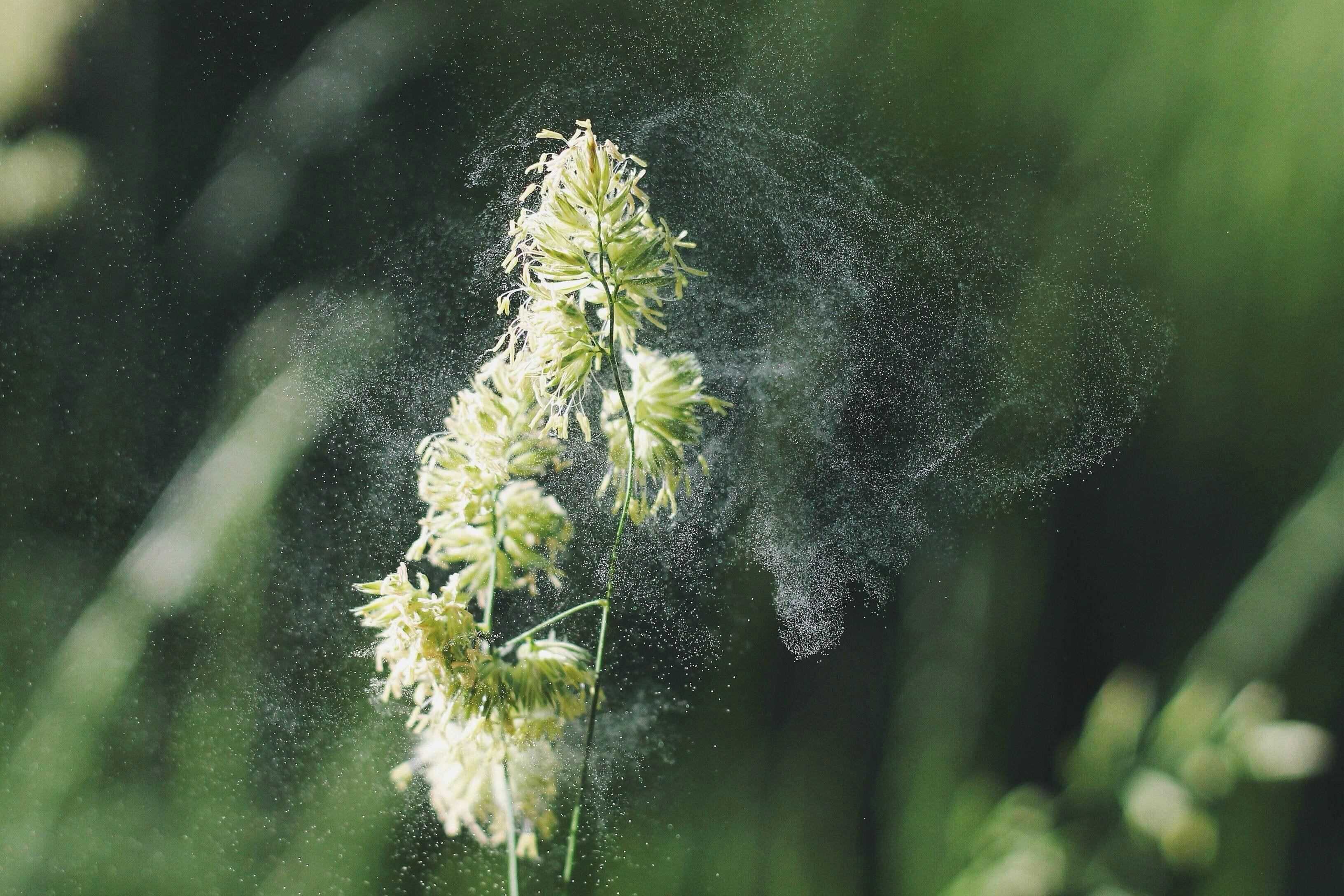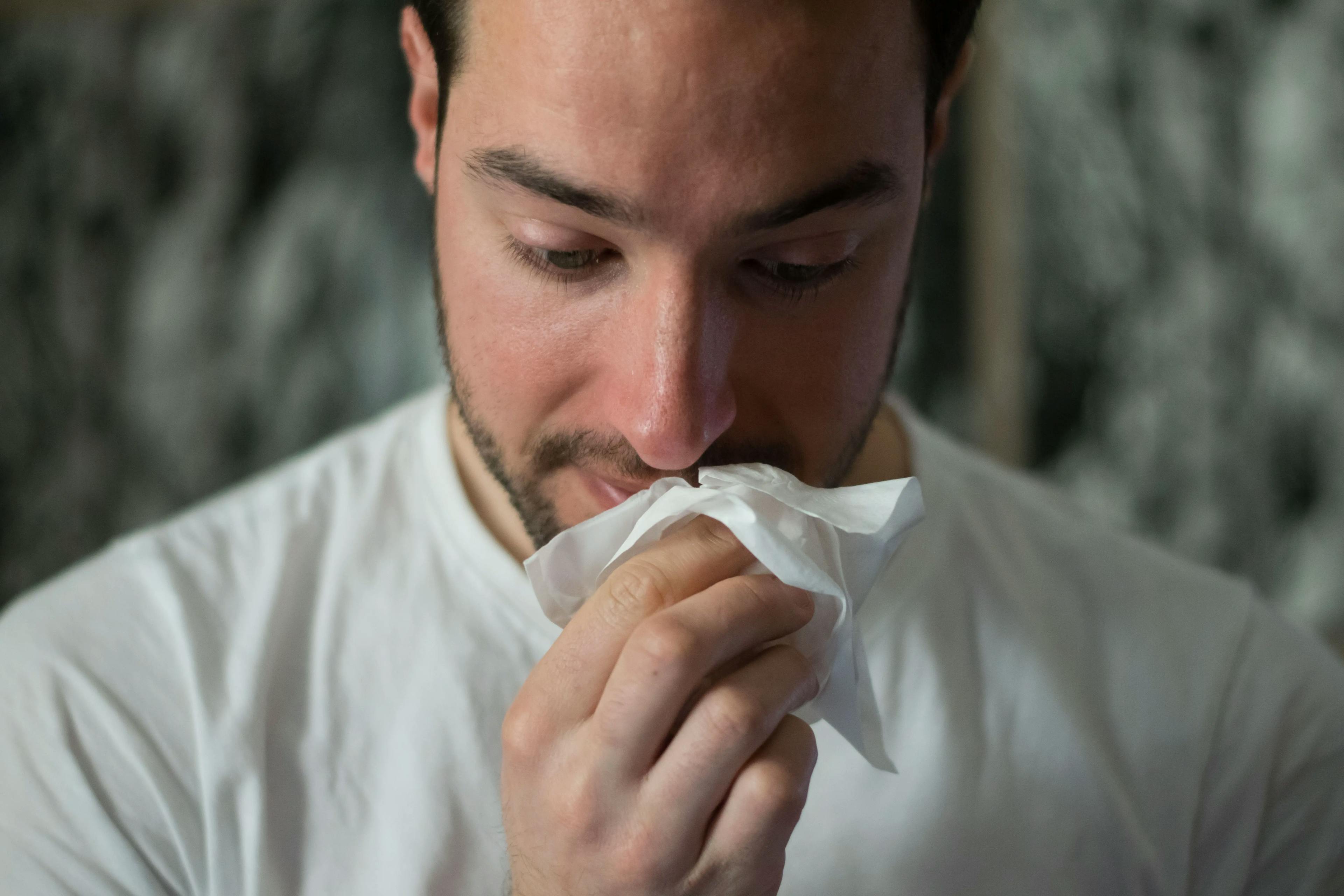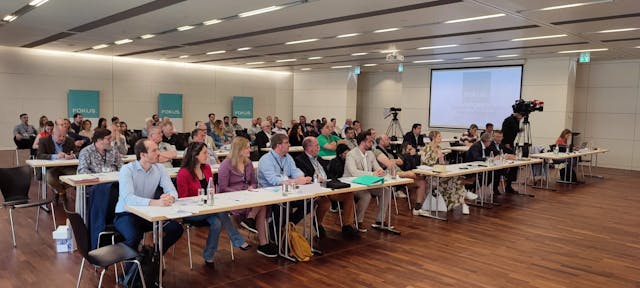Allergy alert! The level of pollen in the air has reached the red zone

Allergy is rightly considered a disease of modern society. It has spread to an extent that would have seemed unthinkable 50 years ago. Back then, allergies were reported in isolated cases. Today, they affect almost 40% of the Luxembourg population.
An allergy is essentially an abnormal immune response to normally harmless components, called allergens. The immune response can be worse than its cause. The main symptoms — itching, swollen mucous membranes, dry and burning eyes and breathing difficulties — are well known to allergy sufferers. But sometimes these uncomfortable and otherwise harmless symptoms can get worse and cause serious, life-threatening Quincke's oedema.
Food allergies and sensitivities to certain substances are relatively easy to avoid and exclude from the diet. Allergies to pollen and dust are more complex.
It is impossible to completely avoid exposure to microscopic particles, especially during periods of high emissions. According to the most recent reports, the concentration of pollen in the air in Luxembourg and in the whole of Europe is currently between the red and orange zones.

Depending on the strength of the wind and the humidity, the amount of pollen in the air can vary. For instance, people with allergies feel almost comfortable in rainy or cloudy weather.
There are drugs which have an effect on the allergen. These are mainly antihistamines. They come in the form of eye drops, tablets or sprays. But they only work for about 10 to 12 hours, while the allergy season can last several months. Moreover, medical masks, which can trap the larger pollen or dust particles, can be of help.
There is another method, which is the prescription of a doctor. This involves the use of a special drug that mimics the introduction of the allergen and triggers an immune response in the body. This is a type of allergy vaccination or immunotherapy. This treatment is given in winter, when there is no external stimulus. A full course of treatment can help to relieve the symptoms for up to a number of years.
But getting an appointment is becoming increasingly difficult. There is a catastrophic shortage of allergy doctors in Luxembourg.





